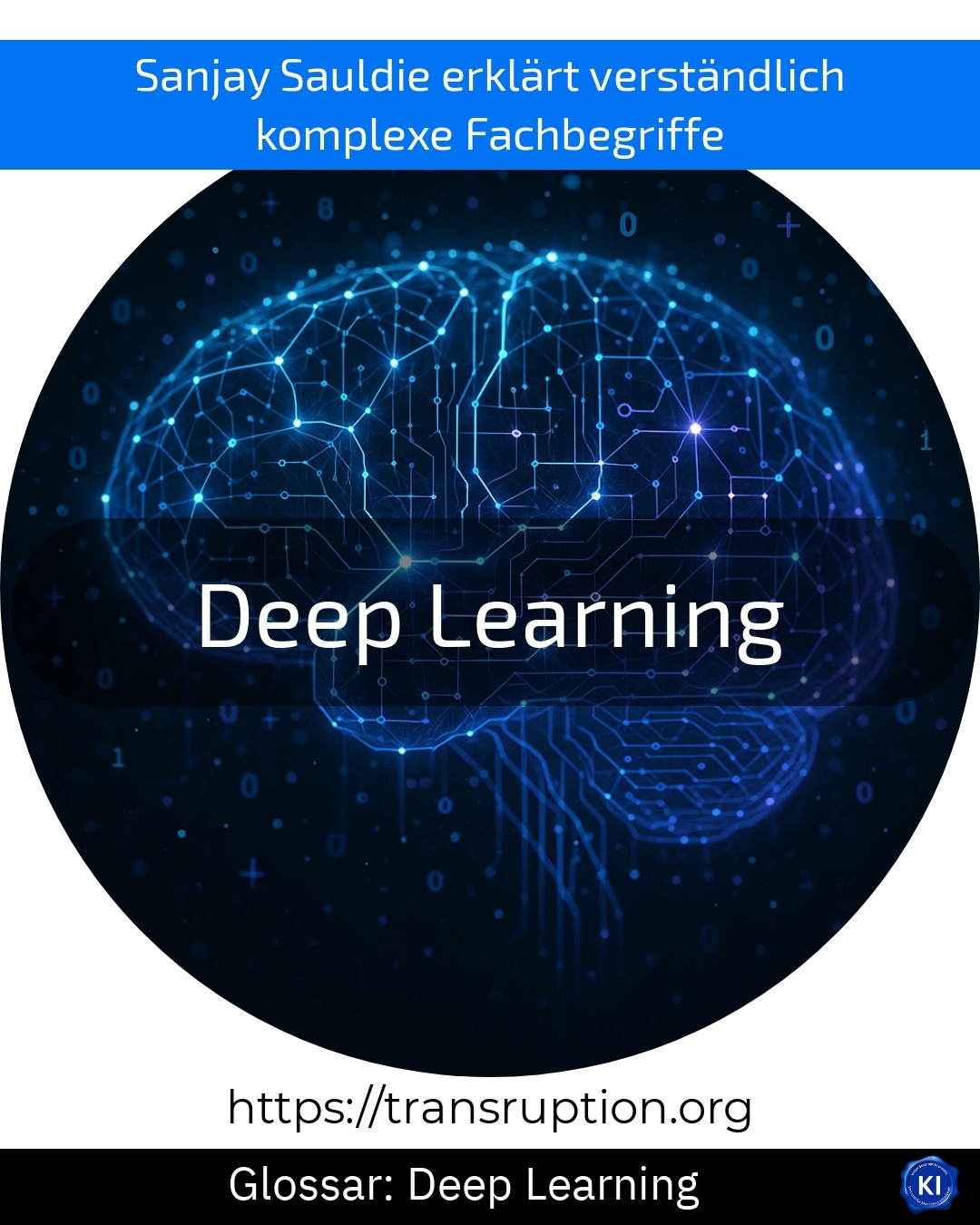Deep learning belongs to the category of artificial intelligence and also plays an important role in automation, big data and smart data. It describes a method that enables computers to learn from large amounts of data, recognise patterns and make decisions based on this - almost in the same way that our human brain does through experience.
The special thing about deep learning is that it utilises so-called artificial neural networks. These networks consist of many interconnected "nodes" that process information. This enables a system to differentiate between images, understand language or analyse complex texts, for example.
An illustrative example: In automation, deep learning helps self-driving cars to recognise traffic signs, pedestrians and other vehicles and react to them correctly. The vehicle is shown millions of images and learns how to navigate safely on the road.
The use of deep learning makes numerous processes faster, more accurate and often more efficient. Companies can optimise the use of big data, develop intelligent assistants or automate production processes. In this sense, deep learning is a key to innovation in the digital world.















